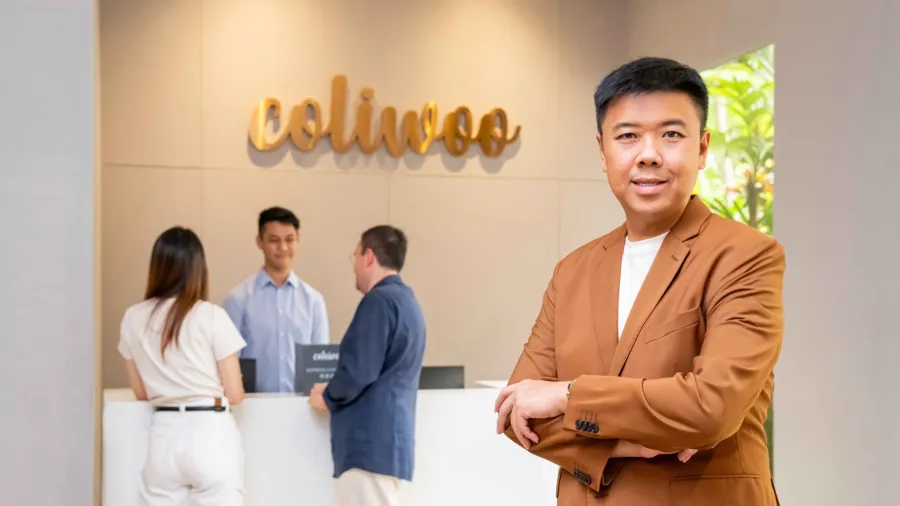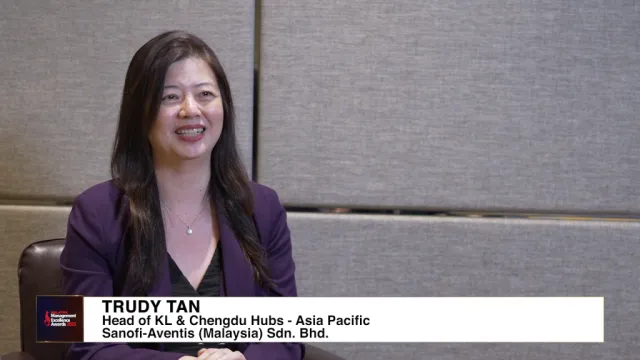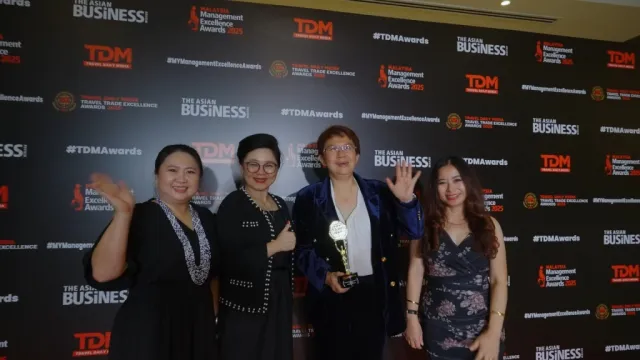
Coliwoo expands co-living footprint as Singapore’s foreign population grows
Its hotel and serviced apartment-based properties offer stays as short as a night or week.
Coliwoo Holdings Pte. Ltd. is counting on Singapore’s rising foreign population to drive the next phase of growth in its co-living business, with plans to add approximately 800 rooms a year through 2026.
“There’s still a big gap to convert existing foreigners in Singapore into co-living,” CEO Kelvin Lim told Singapore Business Review.
Singapore’s foreign workforce rose 2.7% to 1.91 million in June from a year earlier, according to government data. Lim said the company has hit its 800-room target for 2025, with more projects in the pipeline next year. “We will finalise these after the initial public offering,” he said via Zoom.
Coliwoo’s parent, LHN Ltd., has applied to spin off the co-living unit for a separate listing on the Singapore Exchange’s Mainboard. Under the proposal, LHN will transfer its Coliwoo assets and operations to the newly listed company.
The initial public offering has drawn “tremendous support” from cornerstone investors, including Avanda Investment Management, one of the fund managers tapped by the Monetary Authority of Singapore under its $5b equity market development programme, Lim said.
Post-listing, Coliwoo plans to expand abroad but will keep Singapore as its key market.
“The Singapore market still has very big growth potential for co-living,” Lim said. Out of 160,000 rental units in Singapore—roughly 320,000 rooms—only 3,000 rooms or 1% are operated by the company, he pointed out.
He added that Coliwoo’s model, based largely on hotels and serviced apartments, provides a stable foundation and flexibility.
“This allows us to easily reclassify our rooms to cater to tourists, visitors, and foreigners who come to Singapore for work,” he said. “People who come here for work not only work in Singapore; they actually work in the region. They travel in and out.”
Co-living gives them flexibility without a one- or two-year lease. Unlike residential co-living setups, Coliwoo’s hotel and serviced apartment-based properties can offer stays as short as a night or week. This makes the company competitive on price whilst adding value through shared facilities, Lim said.
Students returning to Singapore form another key segment. They don’t need to pay 12 months of rent—nine or 10 months is enough. When rooms are vacant, Coliwoo can lease them to short-term visitors through travel platforms or nearby corporate offices.
Coliwoo also benefits from Singapore’s event-driven tourism, with the city hosting major gatherings such as the Formula 1 Grand Prix, which drew more than 300,000 spectators this year—the second-largest turnout in the race’s 16-year history.
“We see Singapore as very promising for co-living,” he said. “People who come here for work are also quite mobile, and co-living offers them exactly the kind of flexibility and value they’re looking for.”

















 Advertise
Advertise









